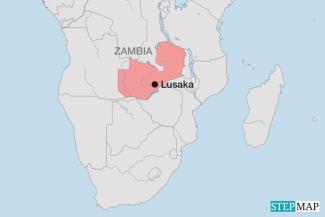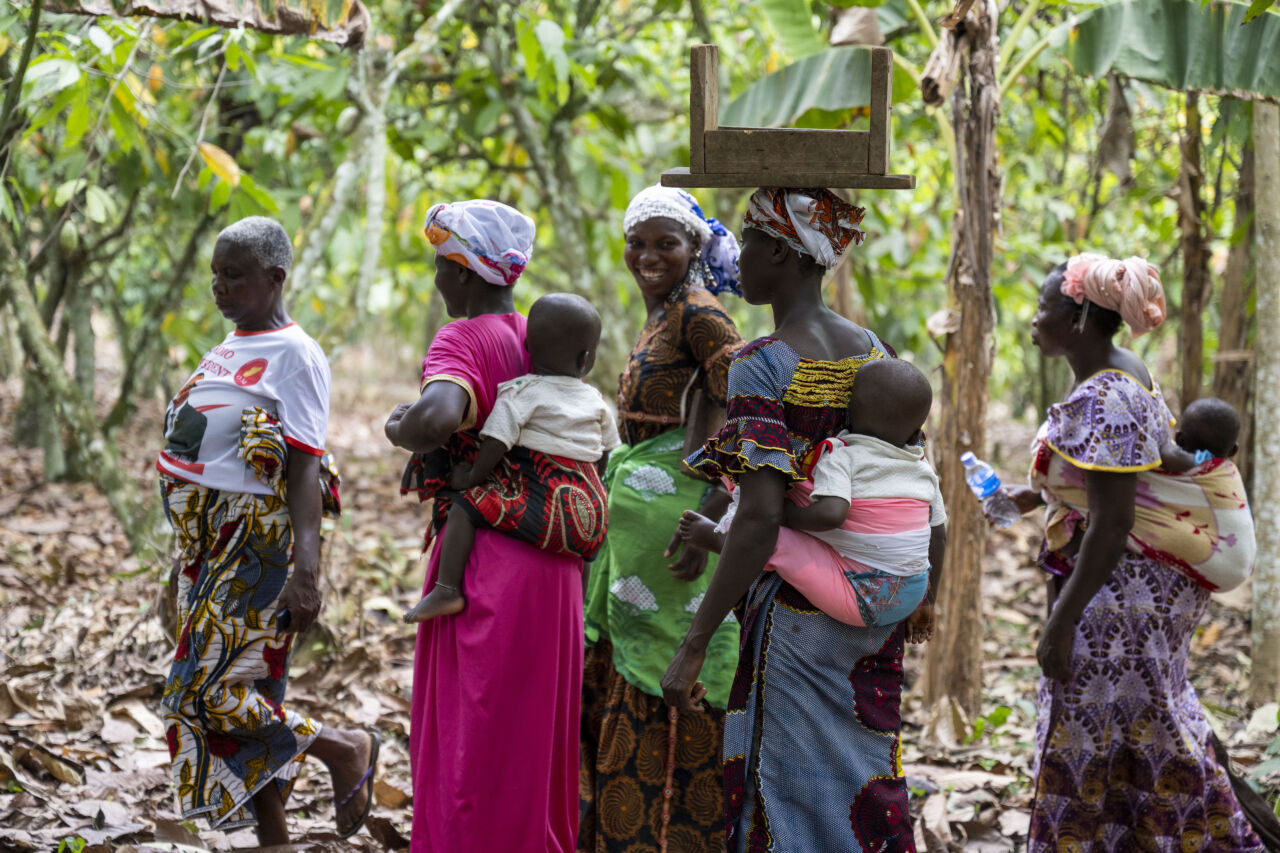Pension money
Benefits for Zambian workers

“We have signed into law the National Pension Scheme Amendment Bill 2023, which is in line with our promise to the Zambian people. The new law will allow citizens to reinvest the funds into various ventures and assets of their choice,” Zambian President Hakainde Hichilema said recently.
The effects of the legislation have been instant as hundreds of workers keep queueing up or going online to verify if they are eligible for benefits. As of June 2023, the pension-scheme authority has paid out 7.5 billion Zambian kwacha (ZK) (€ 300 million) to more than 316,000 members. The government set aside a total of around ZK 11 billion (€ 480 million) to pay 600,000 eligible members, according to the pension authority. The body projects that the least projected withdrawal will be ZK 5,000 (€ 220) and the maximum ZK 160,000 (€ 7015) per contributor.
Lackson Chota, a civil servant, bubbled with excitement after finding out that he is eligible for pre-term benefits. “After I got mine recently, I invested the money in building a boarding house for students. Student accommodation is in demand. I am guaranteed a threefold return from my initial investment of ZK 100,000. I plan to reinvest the income into building a block of flats,” Chota says.
Equally, Ruth Tembo, an employee at a Chinese clinic in Lusaka’s Roma suburb, is optimistic that the pension pay out will have a positive impact. “I have always wanted to start a poultry business. Once I withdraw my cash, I want to build a poultry house and buy other inputs to run the venture. I think the payment will help many people to take the step into entrepreneurship.”
This is the first time employees in Zambia have been able to access their benefits earlier. Economists argue that the move will spur economic development and reduce rising poverty. Disposable incomes will increase trade and commerce and contribute to relief, especially in the private sector.
The Pensions and Insurance Authority however advises workers in Zambia to be careful with the use of their savings. People should rather look for investment opportunities instead of spending the money on consumer goods.
Amos Kunda, a mine worker from the north-western province, has taken the advice. “I decided to invest my 20 % in government bonds and once they mature, I will be able to use interest to invest in my children’s education,” he says.
Financial analyst Kelvin Chisanga believes the country will witness an increase in trade and commerce that will boost government revenue. “The ZK 11 billion to be injected into the economy will create aggregate demand,” Chisanga says.
Derrick Silimina is a freelance journalist based in Lusaka.
derricksilimina@gmail.com













